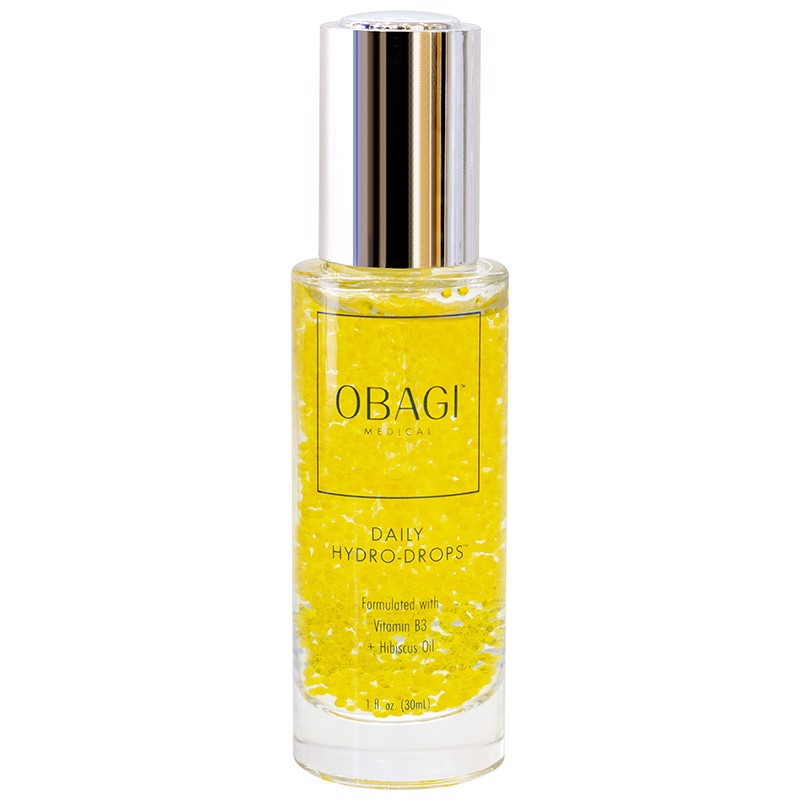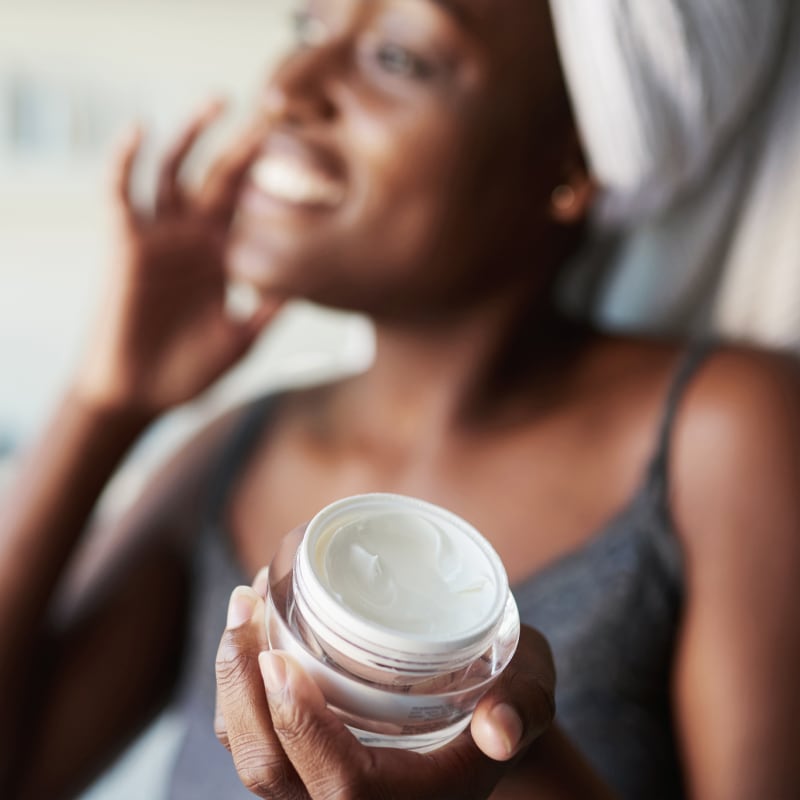How Stress Affects Your Skin: Tips for Stress-Free Skincare
Posted on 2nd January 2025
We’ve all heard the phrase “stress is written all over your face,” and there’s more truth to it than you might realize. Stress doesn’t just affect your mental and emotional health—it can also have a significant impact on the health and appearance of your skin. From breakouts to dullness and increased signs of aging, stress can wreak havoc on your complexion. But the good news is that with the right skincare habits and lifestyle adjustments, you can manage the effects of stress on your skin and enjoy a healthier, more radiant complexion.
In this blog post, we’ll explore how stress affects your skin and share practical tips for maintaining stress-free skincare.
How Stress Affects Your Skin
When you experience stress, your body goes into fight-or-flight mode, triggering the release of hormones like cortisol and adrenaline. While this response is helpful in short bursts, chronic stress can lead to a number of skin concerns:
- Increased Oil Production and Breakouts: Cortisol, the primary stress hormone, increases sebum production in the skin. Sebum is the oily substance that can clog pores and contribute to acne. This is why many people notice breakouts when they’re under stress, especially around the chin, jawline, and forehead.
- Dryness and Dehydration: Stress can affect your skin’s ability to retain moisture, leading to dryness and dehydration. Stress also tends to encourage unhealthy habits, like skipping skincare routines, drinking less water, and overindulging in caffeine or alcohol—all of which can leave the skin looking dull and flaky.
- Exacerbation of Skin Conditions: Conditions like eczema, psoriasis, and rosacea can be aggravated by stress. Stress-induced flare-ups can result in itching, redness, and irritation, which makes it harder to maintain a calm and even complexion.
- Premature Aging: Chronic stress can accelerate the breakdown of collagen in the skin, leading to fine lines, wrinkles, and sagging. The constant exposure to high levels of cortisol can also impair the skin’s ability to repair itself, making it harder to recover from environmental damage.
- Inflammation and Sensitivity: Stress can lead to an increase in inflammation in the body, which manifests on the skin as redness, puffiness, or irritation. This inflammation can also trigger conditions like acne or rosacea, especially for individuals who are prone to sensitive skin.
Tips for Stress-Free Skincare
While you can’t always eliminate stress from your life, there are several ways to support your skin and minimize the impact stress has on your complexion. Here are some tips for stress-free skincare:
1. Stick to a Consistent Skincare Routine
When stress strikes, it can be easy to skip your skincare routine, but consistency is key to maintaining healthy skin. A simple yet effective routine—cleansing, moisturizing, and sun protection—can help balance and soothe stressed skin.
- Cleansing: Use a gentle, hydrating cleanser that won’t strip your skin of its natural oils. Look for products that are free of harsh chemicals and fragrances to avoid irritating sensitive skin.
- Moisturizing: Keep your skin hydrated with a moisturizer that matches your skin type. Hydrated skin is better equipped to cope with stress-induced dehydration.
- Sunscreen: Never skip sunscreen, even on cloudy days. Stress can make skin more vulnerable to environmental damage, so protecting it from harmful UV rays is a must.
2. Incorporate Stress-Reducing Ingredients into Your Skincare
Certain skincare ingredients are particularly effective at calming the skin and reducing the visible effects of stress. These ingredients can help balance your skin’s response to cortisol and inflammation:
- Hyaluronic Acid: A powerful hydrating ingredient that attracts moisture to the skin, helping to keep it plump and hydrated.
- Niacinamide (Vitamin B3): Known for its anti-inflammatory properties, niacinamide helps calm redness and irritation, making it a great choice for sensitive skin.
- Aloe Vera: A soothing ingredient that can reduce inflammation and provide relief for stressed or irritated skin.
- Ceramides: These lipid molecules help restore the skin barrier, which can be compromised by stress and dehydration.
- Green Tea Extract: Packed with antioxidants, green tea can help protect the skin from oxidative stress and reduce inflammation.
3. Practice Mindfulness and Stress Management
While skincare can help reduce the physical effects of stress on your skin, managing stress from the inside is equally important. Implementing stress-reduction practices can lead to calmer, healthier skin in the long run. Here are some tips:
- Meditation: Mindfulness and meditation are powerful tools for managing stress. Even a few minutes a day can help reduce cortisol levels, promoting relaxation and supporting overall skin health.
- Exercise: Physical activity is a great way to reduce stress. It releases endorphins, which help improve your mood and lower cortisol levels. Plus, exercise boosts circulation, bringing oxygen and nutrients to the skin.
- Sleep: Getting enough sleep is crucial for both mental and physical health. During sleep, your body repairs and rejuvenates the skin. Aim for 7-9 hours of quality sleep each night to help your skin recover from the stresses of the day.
- Breathing Exercises: Simple deep-breathing exercises can quickly reduce stress and bring your body into a state of calm. Try incorporating deep-breathing techniques into your daily routine for instant relief.
4. Stay Hydrated
Stress can dehydrate your skin, so it’s essential to drink plenty of water throughout the day. Proper hydration helps maintain the skin’s elasticity, keeping it looking fresh and glowing. Dehydrated skin is more prone to irritation, breakouts, and dullness, so aim to drink at least eight 8-ounce glasses of water daily.
5. Avoid Overloading on Caffeine and Alcohol
While caffeine and alcohol may give you a temporary boost, they can both exacerbate the effects of stress on your skin. Caffeine is a diuretic, meaning it can dehydrate your body and skin, while alcohol can lead to inflammation and flare-ups of skin conditions like rosacea.
If you’re feeling stressed, try to limit your consumption of caffeine and alcohol. Instead, opt for herbal teas or calming drinks like chamomile, which can help reduce stress without negatively affecting your skin.
6. Use Calming Face Masks
When stress starts to take a toll on your skin, indulge in a soothing face mask to give your complexion some TLC. Look for masks that contain ingredients like aloe vera, chamomile, or honey, which are known for their calming and hydrating properties. These masks can help reduce redness, soothe irritation, and give your skin a much-needed boost of hydration.
Conclusion
Stress may be an inevitable part of life, but its impact on your skin doesn’t have to be. By following these tips for stress-free skincare, you can help minimize the visible effects of stress and promote a healthy, radiant complexion. The key is to create a consistent skincare routine, incorporate calming ingredients, and manage your stress in healthy ways.
Remember, your skin reflects your overall well-being, so prioritize self-care, stay hydrated, and give your skin the love and attention it deserves—even during the busiest or most stressful times.



